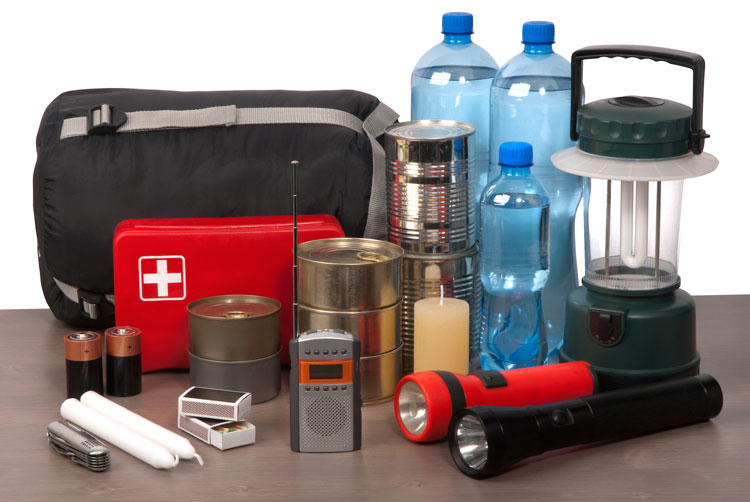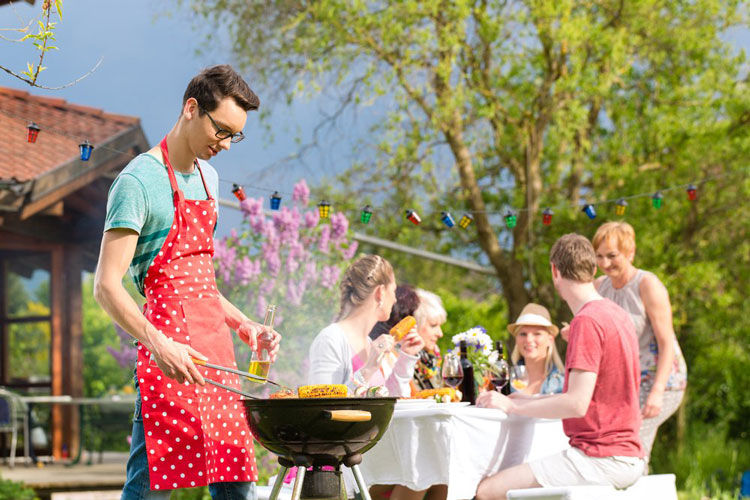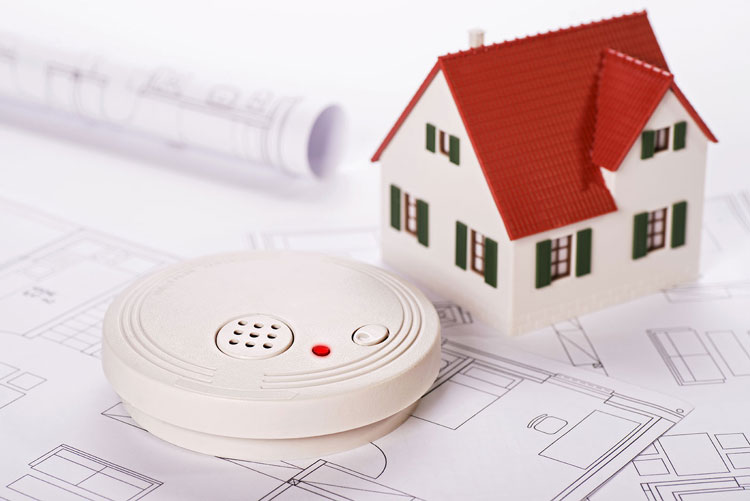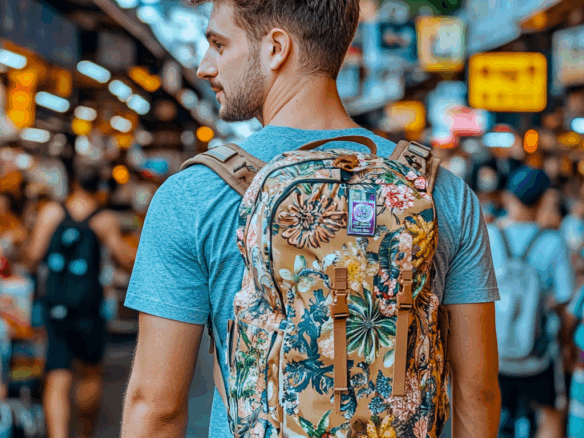Moving house is often just as scary as it is exciting. Packing and unpacking, finding a reliable movers, making sure that everything runs smoothly and nothing gets left behind in the chaos.
We‘re well aware of the fact that you might not want to think about emergency scenarios while the adrenaline of moving to your new home is still pumping through your veins.
But once you‘re settled and the new house starts feeling like a home, you‘ll need to have safety emergency measures and plans in place. It‘s not about being paranoid, it‘s about being smart.
Below is a 5 points that you should check off your safety list before you can completely relax in your new home.
1. Make sure that your house is as earthquake-proof as possible
Even if the area that you live in is not generally affected by earthquakes, it is still an good idea to prepare yourself for such an emergency in case it does happen.
Avoid hanging heavy items – paintings, clocks, shelves and the like – above your designated sitting or sleeping areas. Ensure that the pieces of furniture that could be prone to falling in an earthquake are secured – this includes bookshelves, TV sets, cupboards and anything in between.
Implementing a few simple safety measures is not at all difficult or time-consuming, and it can turn out to be incredibly useful in the future.
For more tips read this guide on the FEMA website.
2. Keep fire prevention in mind
Household fires can pose a huge threat to your new house, especially if you fail to assess the fire risks while unpacking your belongings. Items that could potentially catch fire should be placed at least three feet away from various heaters and similar appliances.
The wiring should never run under a rug and electrical outlets should not be overloaded. If your new house is not yet equipped with smoke alarms, or if they appear outdated, make sure to install at least a couple of trustworthy ones across the house for some additional peace of mind – read more about fire safety tips here.
3. Educate yourself about preventing water damage
Water is a whole different beast. It‘s different because you can take steps to minimize the risk of a fire, but there‘s little you can do about the risk of a flood happening.
You can educate yourself about the area you moved to by looking at the potential hazards on a map (rivers, lakes, damns) and researching the history of the area and if it was flooded in the past.
Everything beyond that would belong to the group of measures you can take to minimize the potential damage – here is a 30 point guide on what you can do to prevent water damage.
4. Assemble an emergency kit
Some of the items that you should keep in an emergency kit include water, non-perishable food, a flashlight, a battery-powered radio, some extra batteries, first aid supplies, medications, hygiene products, personal documents or their copies, extra cash, a blanket and anything else that the members of your family might need.

One item that should always find it‘s way into the emergency backpack is a good air mattress. In an emergency situation that might last more than one day, an air bed would be worth it‘s weight in gold. Choosing the best air mattress for the situation comes down to size and weight – you can read more about different sizes, types and top-rated inflatable beds here.
Keep all of your emergency supplies in a bag that you can easily grab and carry with you.
5. Make friends with the neighbors
There are times when you are not around to take care of the safety of your own home and this is why being on good terms with your neighbors is pretty much indispensable. Walk around the neighborhood and talk with the people who live nearby.

You can even organise a housewarming party – it will help you get all of the neighbors together and build a strong foundation for lasting future friendships. Do not pass up an opportunity to watch their houses for them if they go on vacation and they will be sure to return the favour.
Not to mention that fostering a sense of community will make the experience of living in your new house much more pleasureable.
New house vs. new home
Your new house is not a home until you and your family members can feel completely safe in it. Hopefully, this list can help you along.




